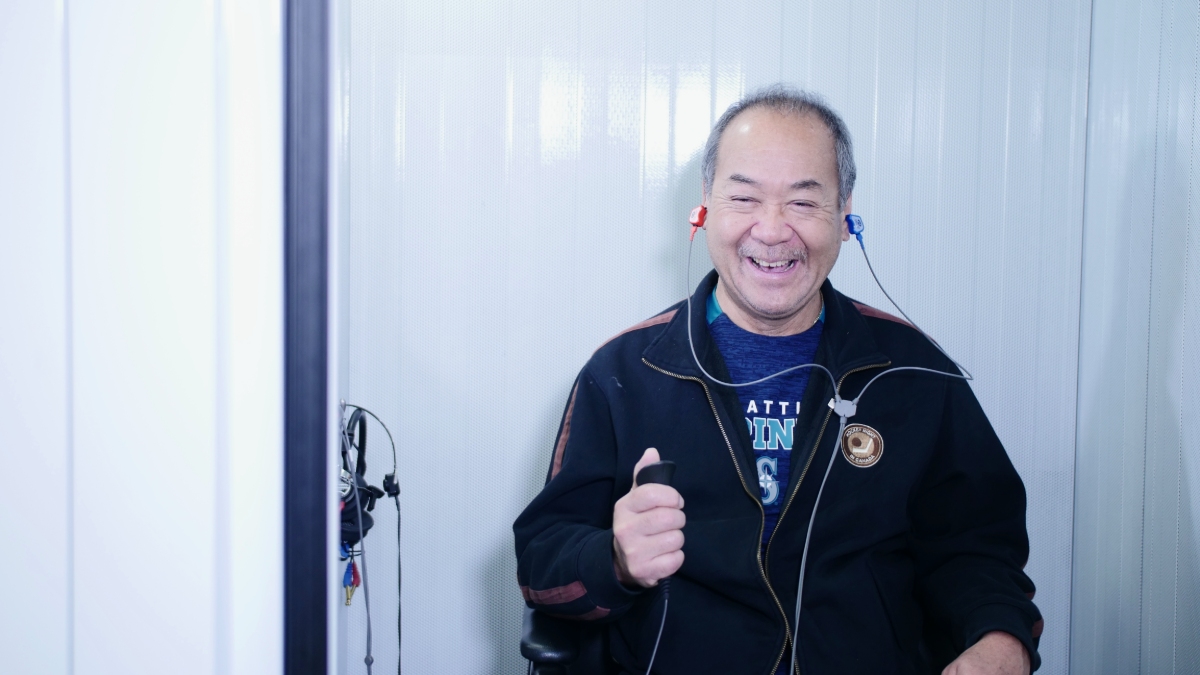Menu

As the new year unfolds, you may have already listed down some plans and resolutions for the entire year. These may include boosting your finances, taking your career to the next level, or taking good care of your health.
Speaking of health, your sense of hearing is one thing you shouldn’t take for granted, particularly if you’ve encountered some hearing issues the previous year. This 2020, you should do what it takes to take care of one of your most vital senses—hearing.
That said, here are three important steps to take to boost your hearing health and prevent any potential hearing issues from arising—or worse, hearing loss!
1. Set an appointment for a hearing checkup
Did you know that according to experts, approximately 48 million Americans have some degree of hearing loss? That given, take the initiative to set an appointment with a hearing healthcare professional this year.
- Contact your doctor: If you already have an ENT doctor, make sure to give him or her a call and schedule an appointment. Drive your way to the scheduled appointment and take your doctor’s recommendations.
- Look for a hearing professional: If you don’t have a doctor yet, look for a hearing healthcare professional. You have two routes to take—visit any local clinic for hearing health in your community or check online for a reputable hearing healthcare professional.
2. Address hearing loss or any hearing problems
There’s no other way than to address some degree of hearing loss or any hearing problems. When you schedule an appointment with your hearing doctor, expect the following:
- Hearing evaluation: You’ll have your hearing tested through the help of your doctor and some instruments for less than an hour. Make sure to inform your doctor about any hearing issues you experience.
- Hearing treatments: You’ll be presented with various treatment options if you are diagnosed with hearing loss or hearing problems. Discuss your treatment options with the hearing healthcare professional and follow through.
- Hearing aids: If you have sensorineural hearing loss, your hearing healthcare professional will recommend the use of hearing aids. Make sure to ask about a trial period and see how a hearing aid works for you.
- Hearing programs: Most of the hearing centers offer hearing programs that you can take advantage of. Before leaving with the devices, understand all the details of the program and follow the guidelines carefully.

3. Always take care of your sense of hearing.
Visiting your doctor is one matter; protecting your hearing sense on a daily basis is another. That said, make sure to consider the following:
- Noise reduction: Turn down the volume of your devices, whether you’re listening to the television, radio, or personal electronic device.
- Exposure limitation: Limit your exposure to devices that create too many noises or environments that produce too many sounds.
- Hearing protection: Invest in hearing protection, which can be the smartest, least expensive thing to do this year. You can purchase foam earplugs at a drugstore and use them in case you find yourself in a noisy environment.
Final words
To cap this health guide, you have to take good care of your hearing. As outlined above, make sure to set an appointment with a hearing healthcare professional, undergo a hearing evaluation, treatment, or program, and protect your hearing regularly. This new year, it’s a good idea to pay special attention to your sense of hearing.
If you’re experiencing hearing difficulties, get in touch with our hearing clinic in Abbotsford to see how we can help.
Share Post
Facebook
Twitter
LinkedIn
Email
Reddit
Pinterest
